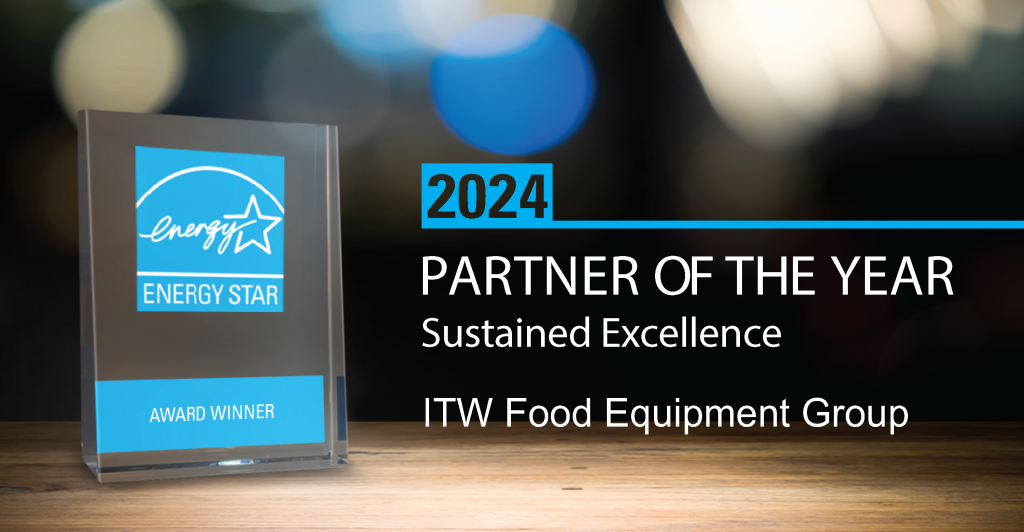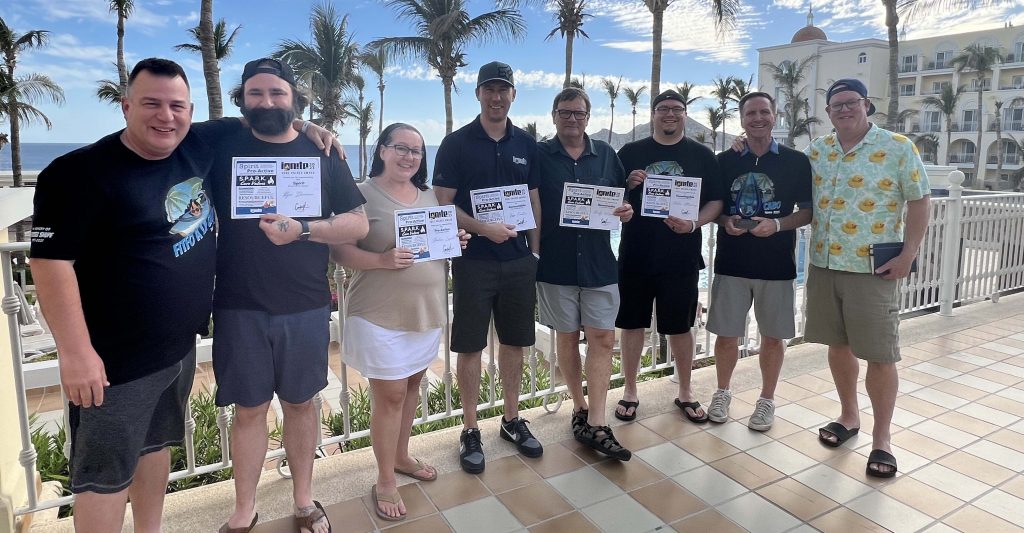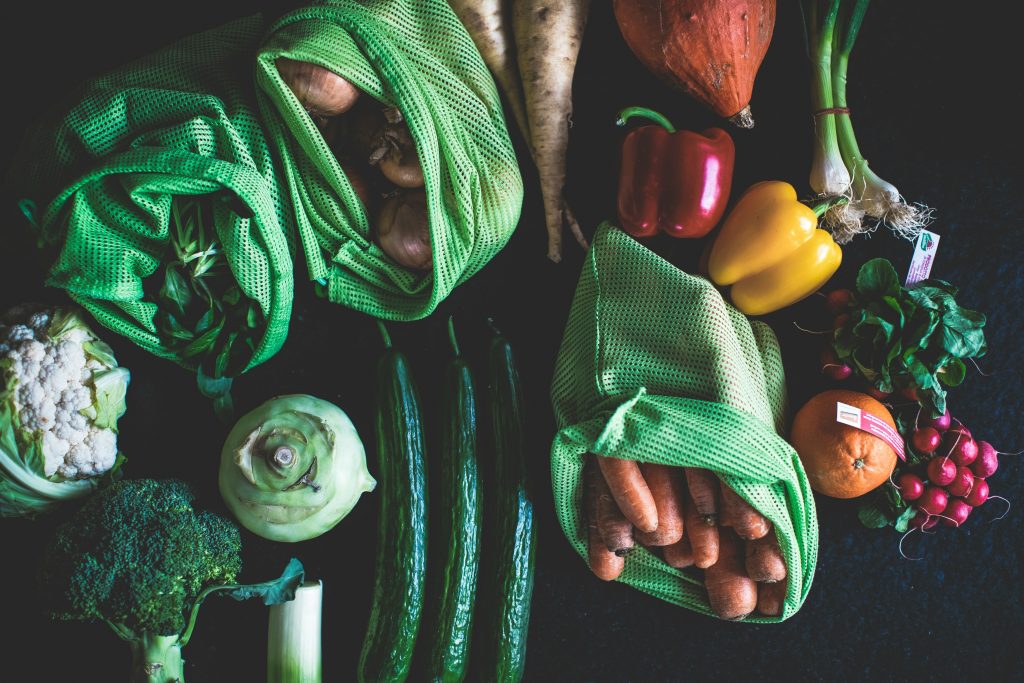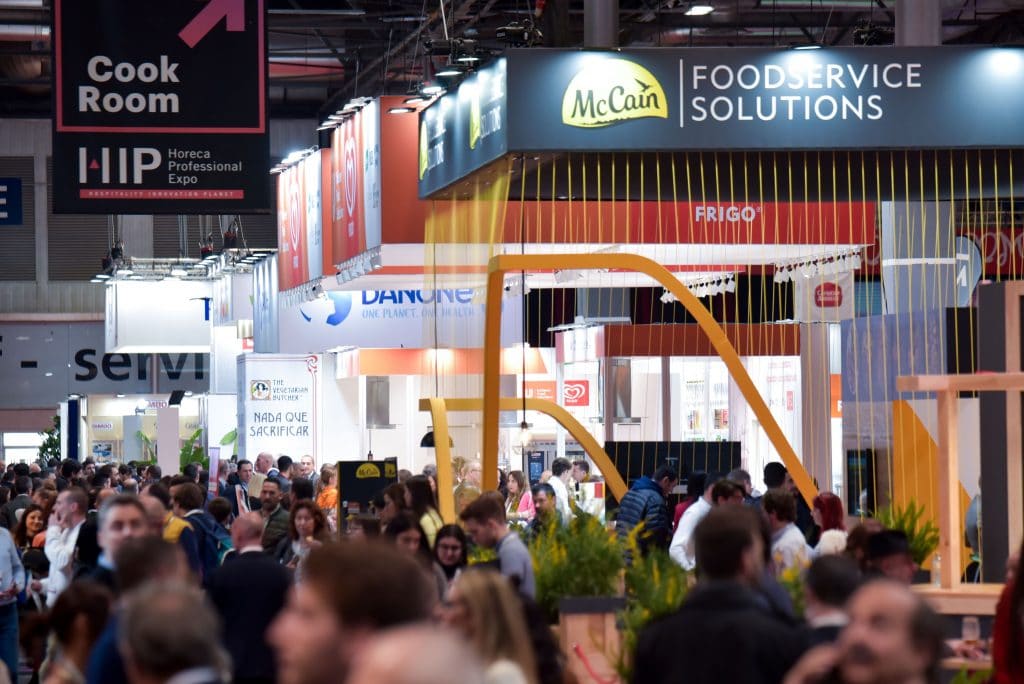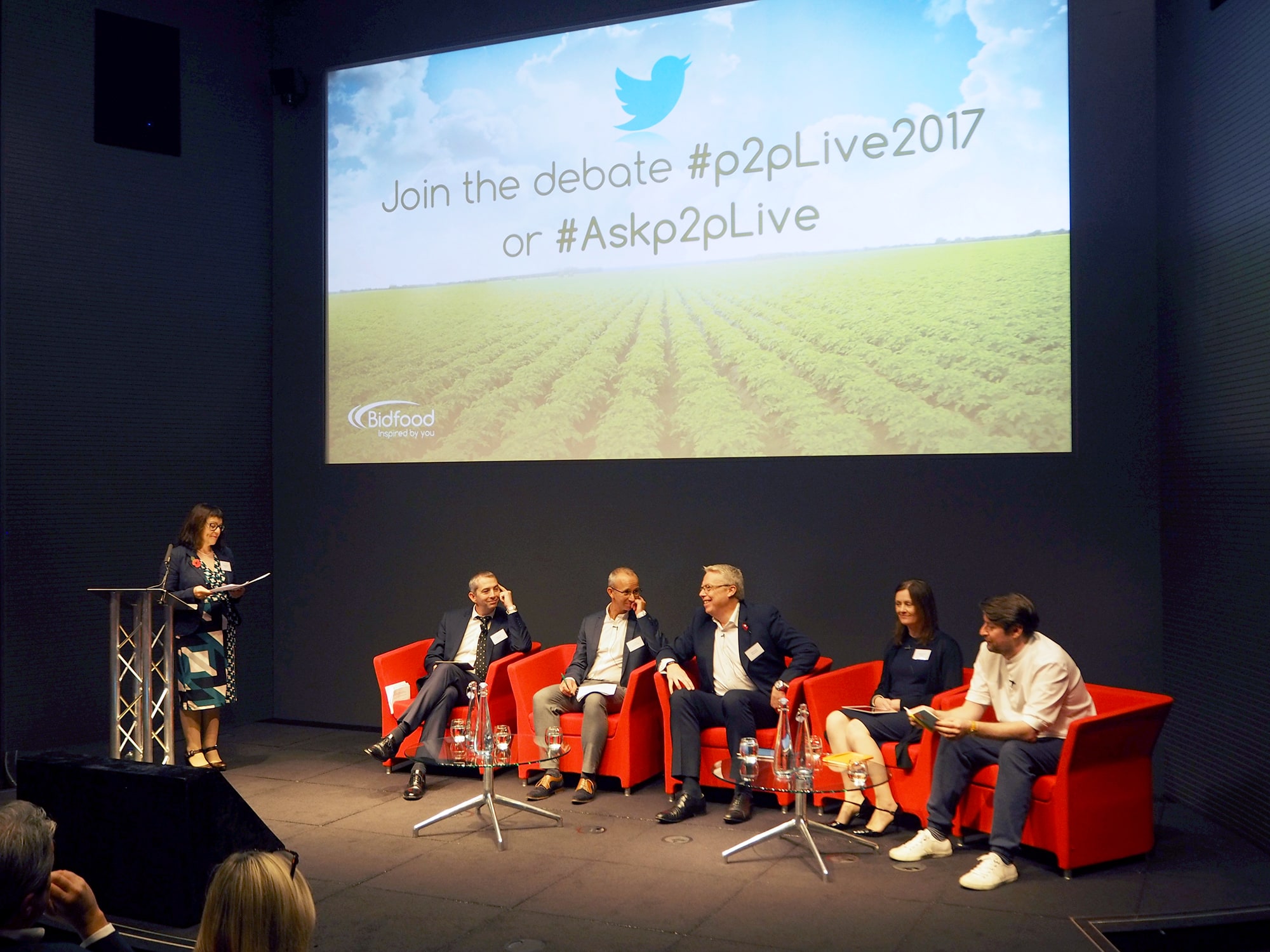
Hosted by Steve Malkin, CEO of sustainability consultancy Planet First and founder of sustainable certification The Planet Mark, this year’s summit kicked off by confronting some key challenges facing the foodservice industry today.
Addressing an auditorium filled with industry professionals, Malkin outlined the criteria for the day – exploring the impact and solutions to global food waste; the implications of food poverty; and finally, how to create sustainable menus.
What a waste
Keynote speaker, Michael Jones of Waste and Resources Action Programme (WRAP), lead the guests through the implications of food waste today, before rounding up with a call to action. Jones cited staggering statistics, including figures such as 18% of food bought in the foodservice and hospitality industry being wasted overall. This amounts to a huge £2.5bn worth of food thrown away by this sector alone.
Not all was doom and gloom, however, as Jones recounted WRAP’s success in their Hospitality and Foodservice Agreement: from 2015 to 2017, food and packaging waste in the UK was reduced by 11%, and 24,000 tonnes of food saved from being thrown away.
Making a change
Bidfood and WRAP are looking to continue this success, sharing with the crowd their various initiatives aimed at helping restaurants and companies cut their waste levels. WRAP introduced its focus on preventative action for businesses – by looking at spoilage levels, preparation waste and plate waste, using resources created by WRAP and available on plate2planet’s website, companies can measure food waste and act on their findings.
Shirley Duncalf, head of sustainable development at Bidfood, explored the obstacles to ethical initiatives such as cutting back on food waste, and why more companies have not yet engaged. In it’s food sustainability survey, Bidfood found that, although reducing waste is amongst the top ethical initiatives for operators in the next three years, there are still a number of challenges faced by customers, including lack of knowledge about the issues.
Another obstacle to ethical initiatives emerged during the survey – currently customers and operators feel there is no clear strategy or defined spokesperson for the movement. Duncalf went on from this to explain that Bidfood, currently working with 18 partners including Unilever and Quorn, are looking to secure representation from all areas within the supply chain. This would enable collaboration, and the potential to lead the push for industry change.
The next movement: the sustainable menu
Before serving a buffet lunch made with only sustainable methods and ingredients, plate2planet conducted a live debate between various industry experts. Among those on the debating panel were Andrew Steven, chief executive of the Sustainable Restaurant Association (SRA) and Wendy Duncan, the R&D technical manager at Unilever, who shared their own experiences of success with sustainable menus.
While noting that many operators have experienced substantial successes since switching to sustainable alternatives on their menus, Duncan also pointed out that many within the foodservice industry do not know what a sustainable menu actually means.
Panel member David Jones, director of technical services at Bidfood UK, was the one to confront the explanation of exactly what is involved in a sustainable menu. An overarching definition was a menu that considered the end-to-end supply chain in its dishes.
While all panel members acknowledged that it would be almost impossible to attempt sustainability in every aspect of a menu, all advocated that operators should aim to select one part of the supply chain where they can reduce their waste production – whether that be carbon footprint, or meat consumption.
Overall, Bidfood’s second plate2planet 2017 was a great success – an educational experience that set out not to name-and-shame operators, but rather point out that the road to sustainability is one travelled with small and manageable steps.
Emily Lewis

